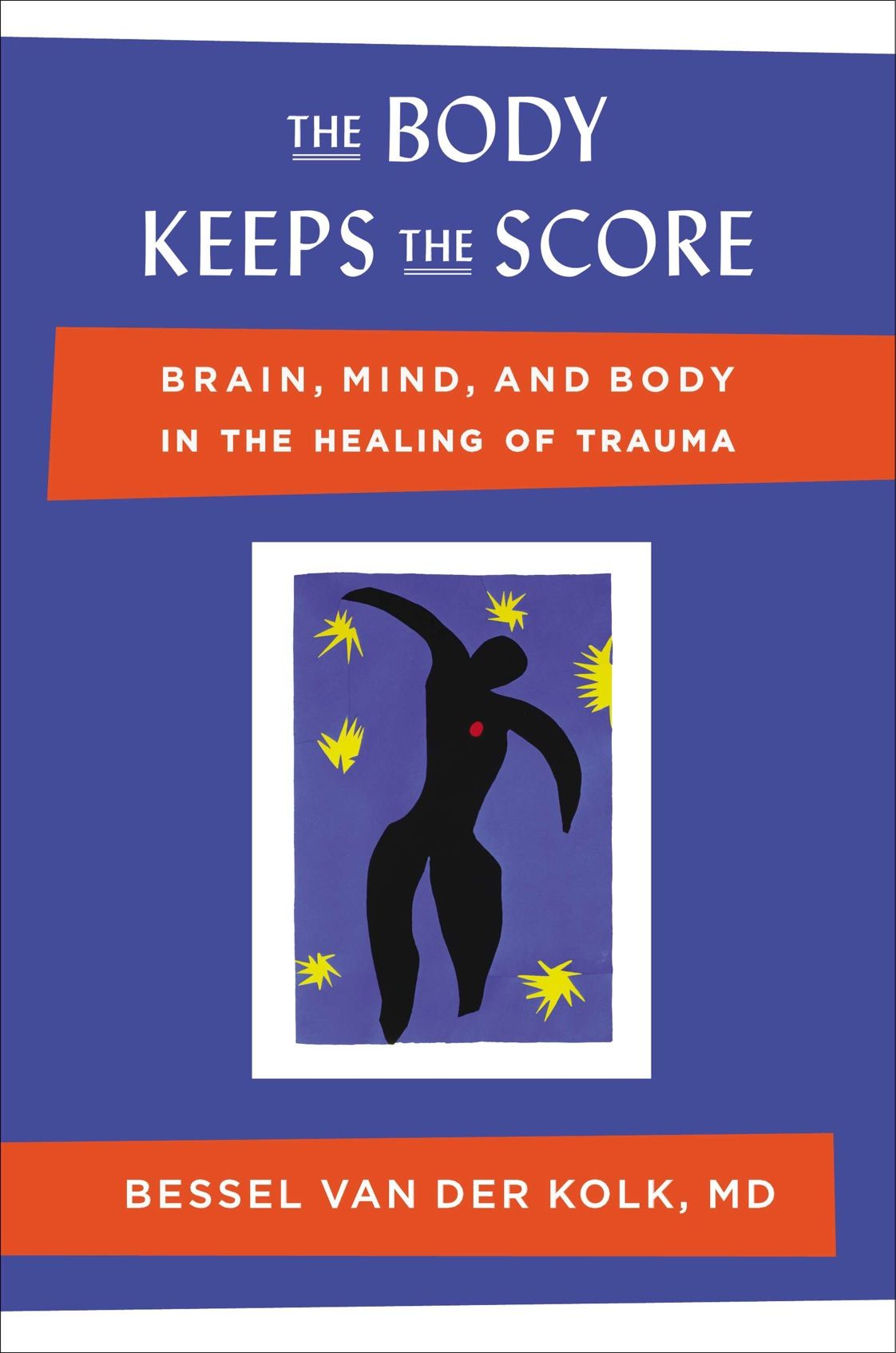
The Body Keeps the Score
Brain, Mind, and Body in the Healing of Trauma
مغز، ذهن و بدن در التیام تروما:
کتاب های مرتبط
- اطلاعات
- نقد و بررسی
- دیدگاه کاربران
نقد و بررسی

Starred review from October 1, 2014
Renowned trauma researcher van der Kolk's book is comprehensive in scope. The author explains in clear terms the physical causes and manifestations of post-traumatic stress disorder (PTSD), how vast the population of sufferers is, and the devastating repercussions to society in general as a result of inadequate treatment. Anecdotes of patients from all walks of life are used to illustrate how trauma rewires the brain to create dissociated memories. Sufferers do not merely "remember" the event or events but actually relive it, complete with a cascade of excruciating physical and emotional pain. Organizing their lives to avoid triggers can lead to behaviors such as substance abuse that often compound the destructiveness of the original trauma. Inadequate conventional treatments such as talk therapy and pharmaceuticals are being replaced with neurofeedback, mindfulness training, yoga, Internal Family Systems, and Eye Movement Desensitization and Reprocessing therapies, helping victims reclaim their minds and bodies and regain self-regulation and personal resilience. VERDICT This valuable work for psychologists, therapists, and public health professionals walks the line between academic medical text and popular nonfiction. More important, it offers hope for the millions of sufferers and their families seeking meaningful treatment and relief from the ongoing pain of trauma. [See Prepub Alert, 12/16/13.]--Janet Tapper, Univ. of Western States Lib., Portland, OR
Copyright 2014 Library Journal, LLC Used with permission.

September 15, 2014
Psychological trauma can befall anyone, not just soldiers, refugees, or victims of rape. Trauma happens to people we know, yet we're often unaware of their anguish. Traumatic events leave residue. The imprint on mind, body, and soul have consequences. One-third to one-half of severely traumatized individuals turn to substance abuse. Psychiatrist van der Kolk, the director of a trauma treatment center, provides abundant advice about coping with, treating, and healing all kinds of trauma. He shares stories of patients that illuminate how devastating and debilitating their horrific experiences are. Advances in neuroscience, interpersonal neurobiology, and developmental psychopathology have enhanced our understanding of psychological trauma. And while horrible events cannot be undone, a variety of treatments are available to reduce the symptoms of traumatic stress: medications, cognitive behavioral therapy, yoga, neurofeedback, theater therapy, and eye movement desensitization and reprocessing. Recovery from traumatic experiences requires patients to learn to live with the memories of the past without being overwhelmed by them in the present. This important and helpful book makes sense of suffering and offers opportunity for healing.(Reprinted with permission of Booklist, copyright 2014, American Library Association.)

























دیدگاه کاربران